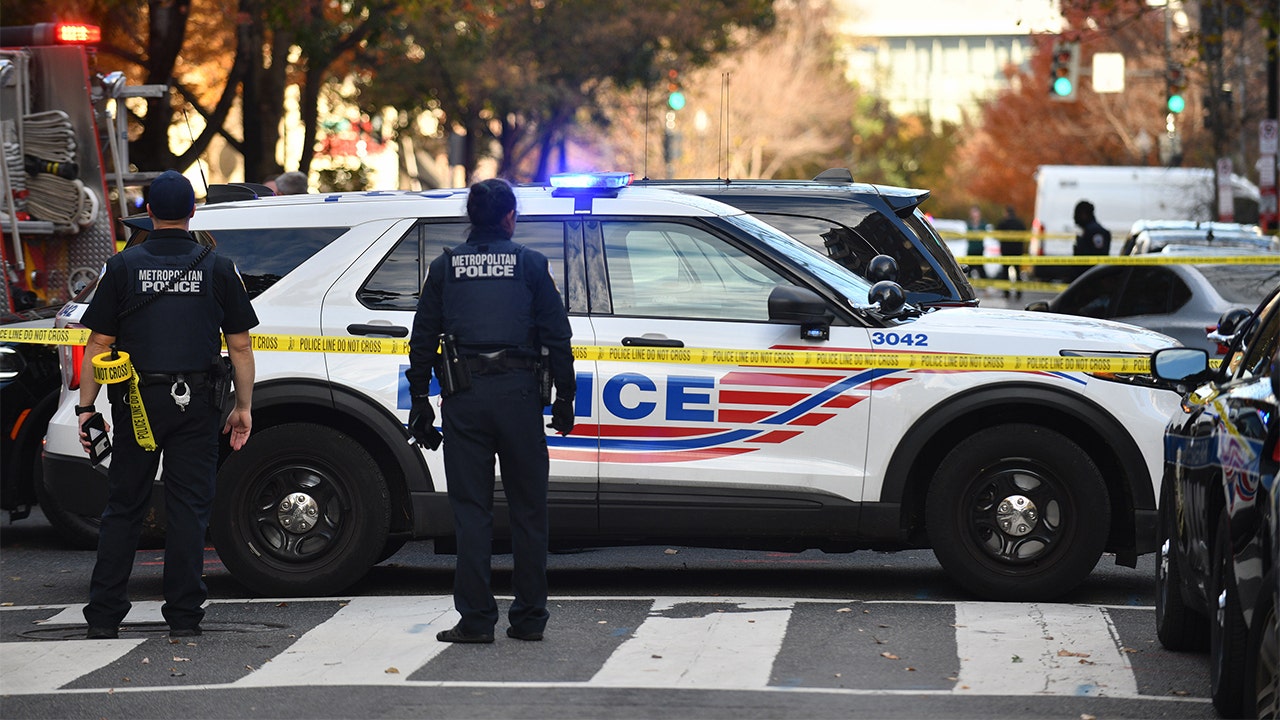The Texas Republican asked FBI to help investigate potential criminal acts of the runaway Democrats
Sen. John Cornyn (R., Texas) said Thursday that the FBI has approved his request to help locate dozens of Democratic Texas state lawmakers who left the state to block a redistricting vote.
“I am proud to announce that Director Kash Patel has approved my request for the FBI to assist state and local law enforcement in locating runaway Texas House Democrats,” Cornyn said in a statement shared with the Washington Free Beacon, adding. “We cannot allow these rogue legislators to avoid their constitutional responsibilities.”
Cornyn had asked for the bureau’s help in a Tuesday letter, saying that the Democratic lawmakers “may be guilty of bribery or other public corruption offenses” and that “their stated goal was to prevent the legislature from properly meeting, in violation of their oath of office.”
More than 50 Texas Democrats have fled to Illinois since Sunday, in a bid to prevent a vote on a Republican-proposed plan that would redraw Texas’s congressional map. The plan would likely carve out new GOP-leaning districts and help Republicans lock in a larger House majority ahead of the 2026 midterms.
In response to Texas Republicans, Democrats in New York, California, and Illinois have threatened to redraw their own congressional maps. Unlike Texas—where the Legislature can revise district lines with no constraints—the Democratic-led states have structural limits on when and how redistricting can occur. In New York, for example, “the earliest the lines could be redrawn would be 2028,” the New York Times reported.
Dustin Burrows (R.), the speaker of the Texas House of Representatives, on Monday signed civil warrants against the Democratic lawmakers, though no criminal warrants have been filed.
“In a representative democracy, we resolve our differences by debating and voting, not by running away,” Cornyn wrote in his Tuesday letter to the FBI, adding that “the FBI has tools to aid state law enforcement when parties cross state lines, including to avoid testifying or fleeing a scene of a crime.”
Read the full article here









